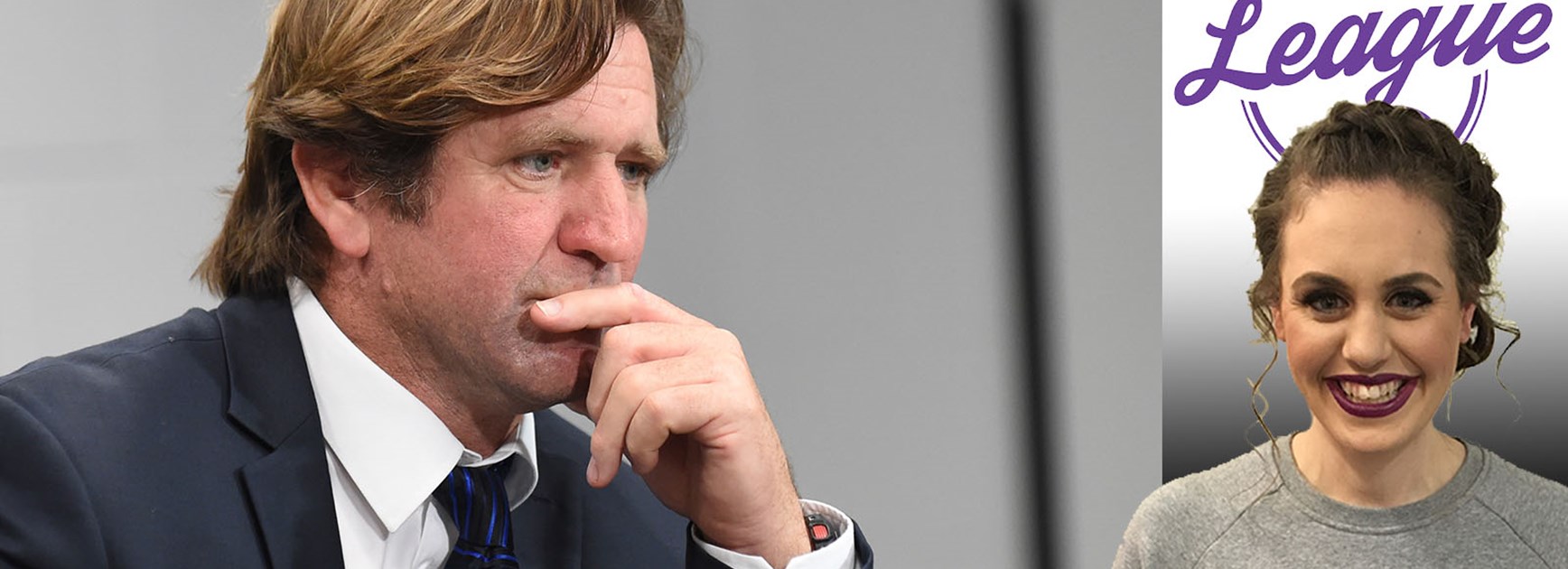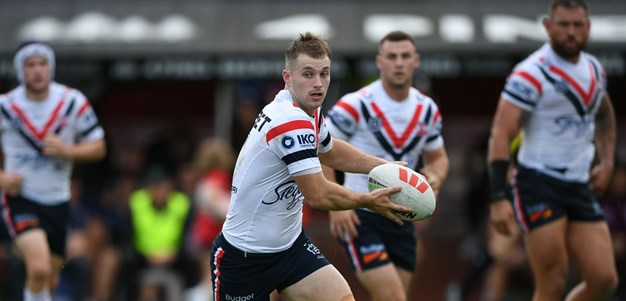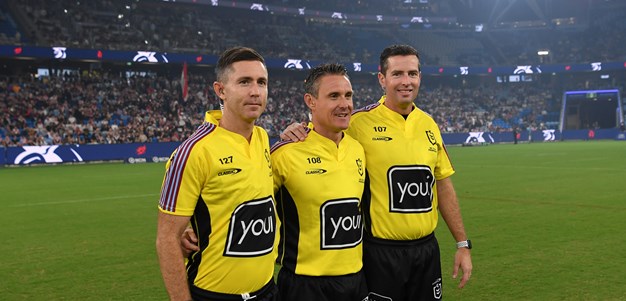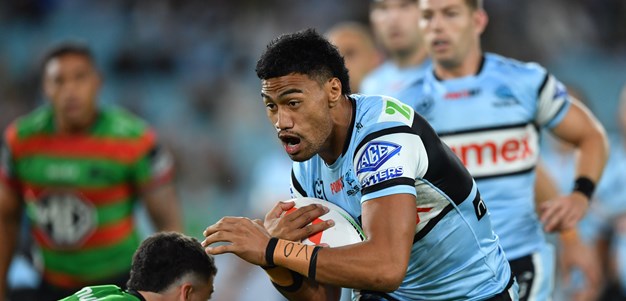
‘Played strong, done good’.
This is one of my favourite rugby league quotes and it belongs to the late Jack Gibson OAM. Jack was a player and a commentator, but he is most remembered for his work as a coach, leading Eastern Suburbs to premierships in 1974 and 1975, leading the Parramatta Eels to their first premiership in 1981 and then to consecutive premierships in 1982 and 1983.
Jack Gibson is still, to this day, revered for his coaching ability. He will always be remembered for being an innovative coach, for pushing the boundaries, for his cracking one liners like ‘ding dong the witch is dead’ and ‘kick it to the seagulls’ and of course, for wearing the kangaroo fur coat that was bigger than the man himself.
With so much speculation around coaches, Jack has been on my mind over the last couple of weeks. He will always be part of rugby league history and the rugby league family will always remember him so fondly for his contributions to the game, on and off the field.
Thinking about Jack has made me reflect on how coaches in the modern era are treated and in particular, the intense pressure and constant media scruitny they are under. While I’m sure that this pressure and scrutiny existed in Jack’s era, I’m certain that rugby league’s increased popularity, the 24/7 news cycle and the advent of modern technology means that this pressure and scrutiny has gone to another level.
You only need to look at the events of the last couple of weeks which have certainly confirmed to me (despite having none of the skills or qualifications), that being an NRL coach is not a job I would want to have.
Where should I start?
Even during pre-season, no coach is immune from innuendo or rumour-mongering. Before a ball was kicked off, Wayne Bennett (who is arguably the most successful coach in the modern era) was accused of having lost the dressing room at the Brisbane Broncos. This is a story that does the rounds almost every pre-season fuelled by either a focus on Wayne’s personal life, his dislike of social media, his relationship with the players or his tough exterior.
These questions were asked despite him having lead the club to six premierships, holding the Australian coaching record for the most grand final wins and the most seasons with a single club and despite the fact that the Broncos have finished second and fifth in the last two years.
Results speak louder than words though and the Broncos find themselves 2-2 to start the season (after having had the toughest start to the season of any team) and any suggestion that Wayne has lost the dressing room has disappeared.
Then we move to the Wests Tigers who sacked coach Jason Taylor three weeks into the season.
Despite a good win over the South Sydney Rabbitohs in Round 1, the Tigers were extremely disappointing in Rounds 2 and 3, only managing to score eight points in two games of football and having over 80 points scored against them by the Penrith Panthers and Canberra Raiders.
Someone apparently needed to be held accountable for these losses and that person was Jason Taylor. The Tigers are a club that have some extremely talented players, but that have had their challenges as a result of the way they are structured. Being a joint venture means that each of Western Suburbs and Balmain have an interest in the way the Wests Tigers are run as a football club.
Read into this what you will, but the current Wests Tigers board of directors has five board members from Wests, two board members from Balmain and two board members that are independent. To me, it’s extremely clear where the power in the joint venture relationship lies and arguably, Jason Taylor fell victim to this.
As if this change in the coaching ranks wasn’t enough there are now whispers that Des Hasler at the Canterbury Bulldogs is under immense pressure.
This story has fascinated me from the beginning because it demonstrates to me what a strong club the Bulldogs are and how high the threshold for success is. The Bulldogs have made two Grand Finals and have made the finals each year Des has been in charge at the club. The fact that fans are disappointed with recent performance says to me that, at the Bulldogs, anything less than a Premiership is unacceptable.
For some clubs, having a coach that could guarantee you a top eight finish every year would be a gift. For the Bulldogs, it’s the sort of gift they are ready to give away.
And then, there’s another kind of pressure – not the pressure to win a Premiership, but the pressure to lead a group of men both on and off the field and act as a role model, a mentor and in some circumstances, a father figure. This is a pressure Brad Arthur from the Parramatta Eels felt last year.
It’s fair to say that last year was the year from hell for the Eels – boardroom politics, off field indiscretions and injuries were just a smattering of the issues faced by the club. Just when fans thought it could not get any worse – it did.
The man that is credited for holding it all together is Brad Arthur – who, despite all the noise surrounding the club at the time, was able to instil a sense of confidence and resilience in a playing group that only had each other. The high esteem that Brad was (and still is!) held at the club was reflected when Max Donnelly - who was appointed as administrator at the club last year - made one of his first priorities the re-signing of Brad Arthur, keeping him at the club for another three years.
So this week as your respective teams run out, spare a thought for the man sitting in the coaching box – because in my view, he has one of the toughest jobs in rugby league. If you’re lucky you may even see your coach crack a smile – and if you’re a fan of the Broncos, Radiers or Storm, that smile should almost be gift enough.




